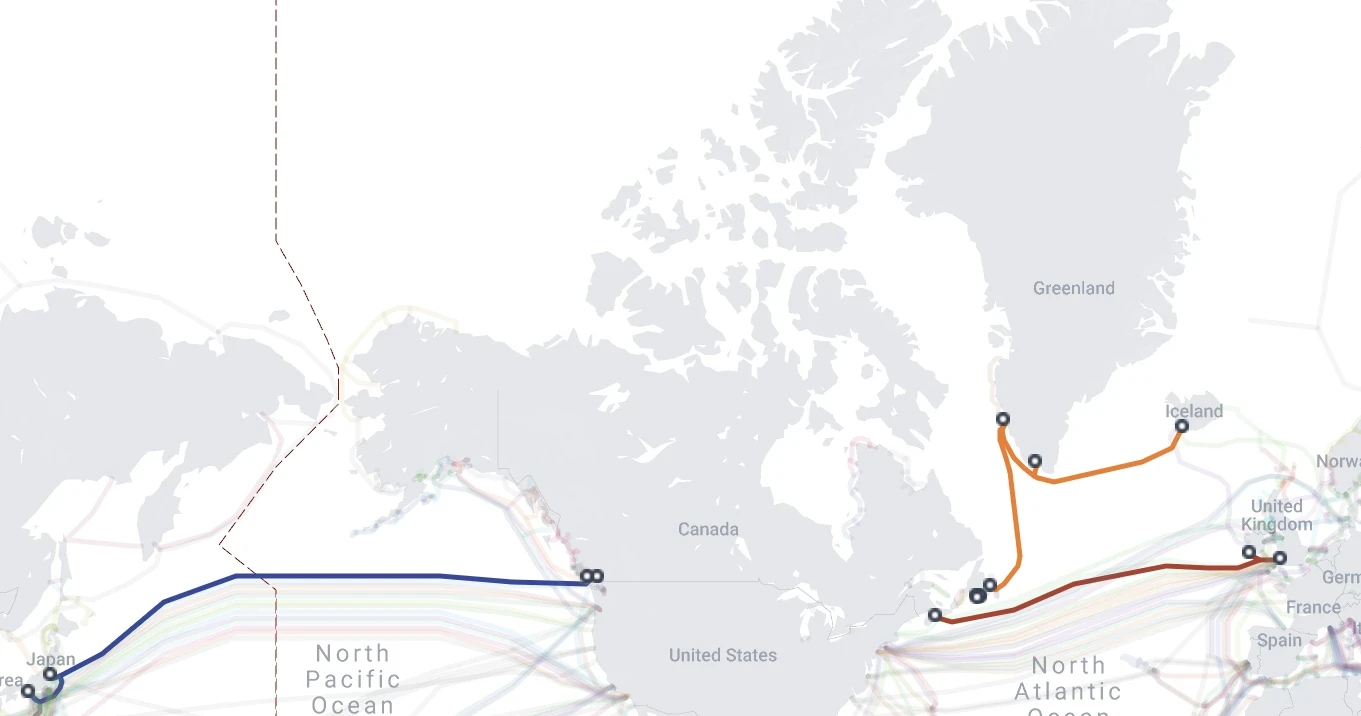Boycott US
Overview:
The community dedicated to boycotting the US until they stop fascism, restore full democracy and start following international law.
Americans have a moral obligation to resist Donald Trump and project 2025 at every turn.
America is a flawed democracy currently being ruled by oligarchs. Stop the backslide! Dont let America become the next Hungary.
America needs to challenge the court rulings of citizens united v. fec and shelby county v. holder, protect the media, implement independent district drawing, and the single transferable vote so they don't end up having people stay home in life-changing elections because they cannot vote for their favourite candidate.
Join 50501.chat to fight back!
Related communities:
Boycott:
[email protected]
Activism:
[email protected]
